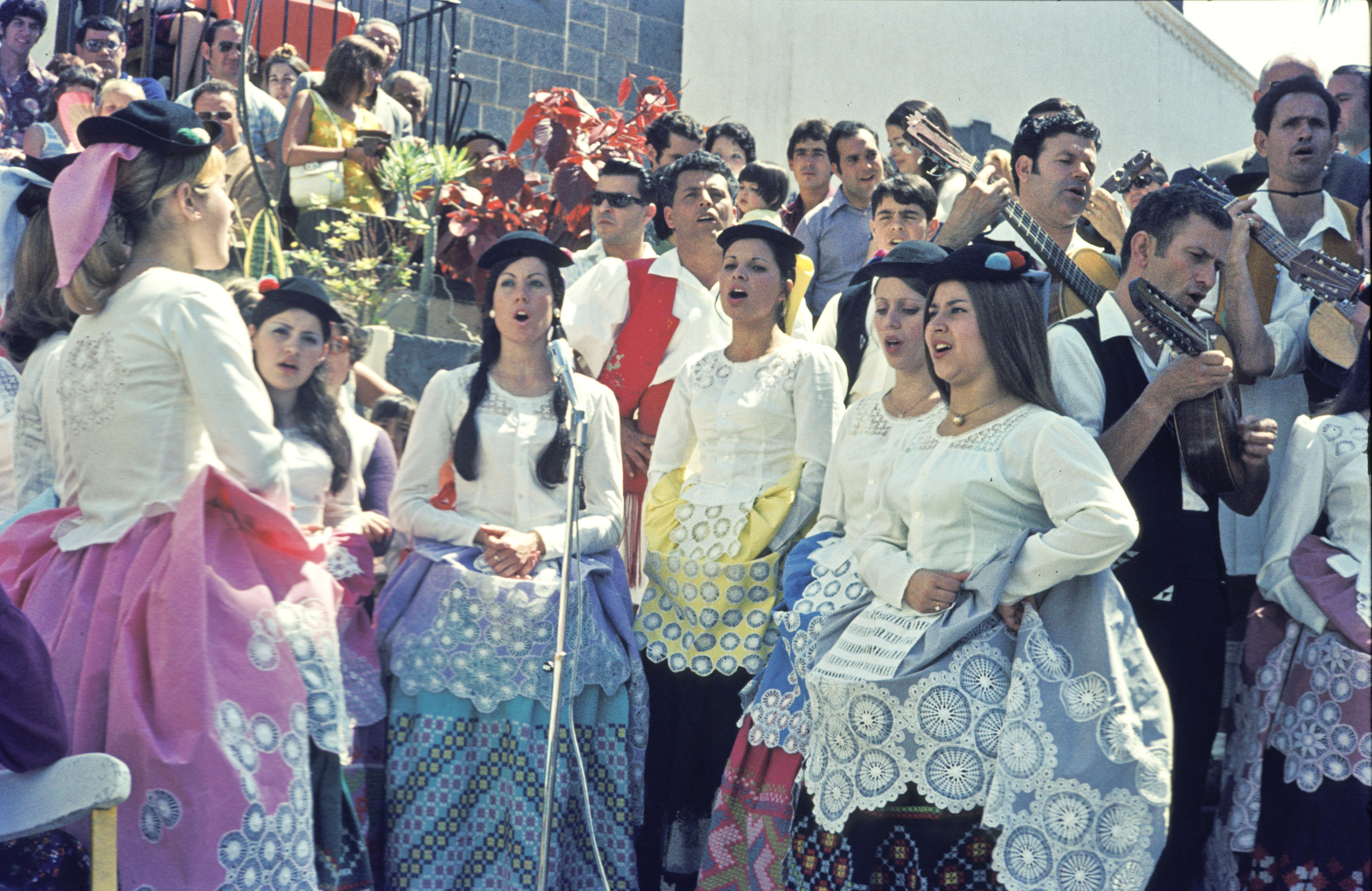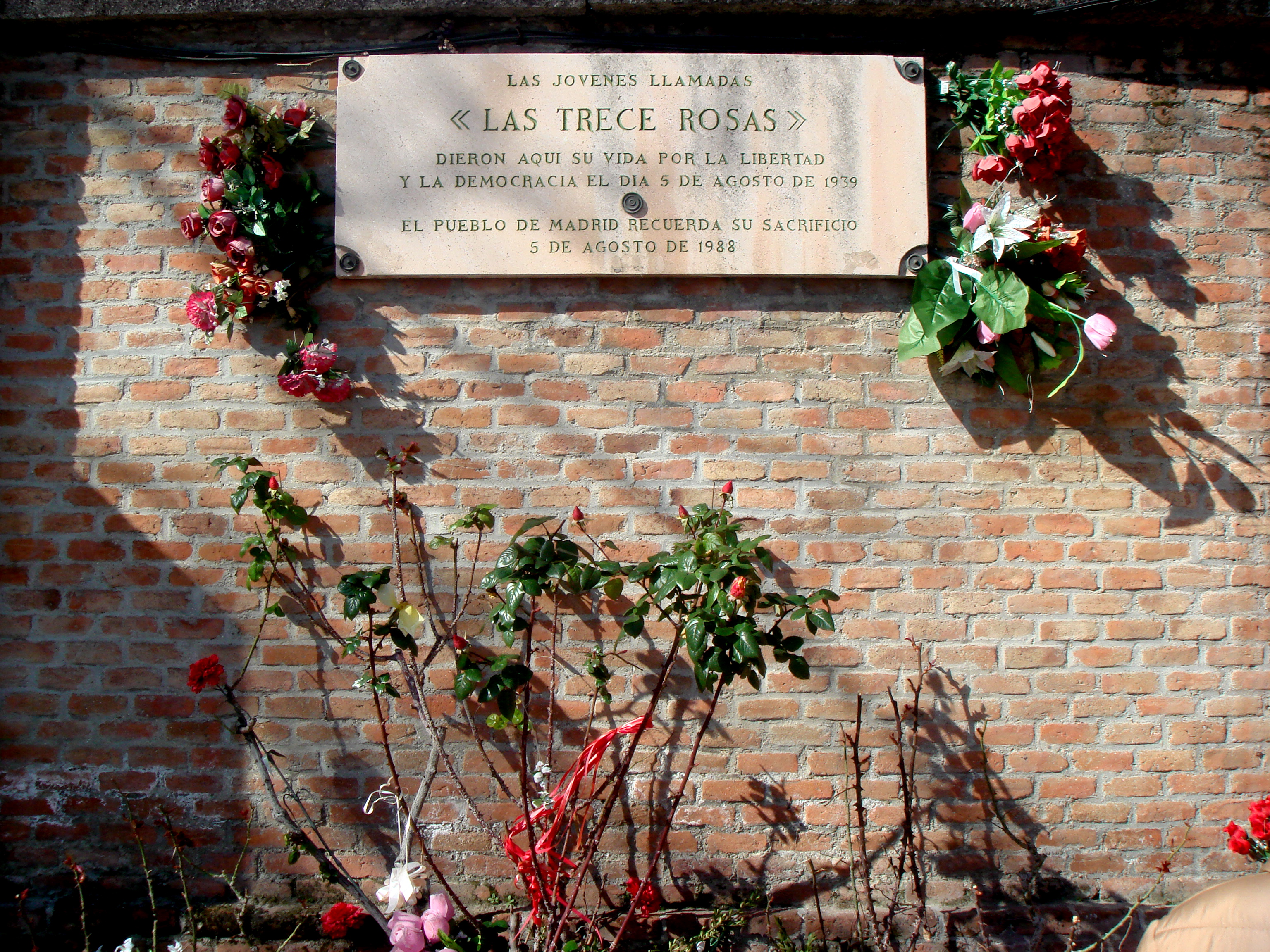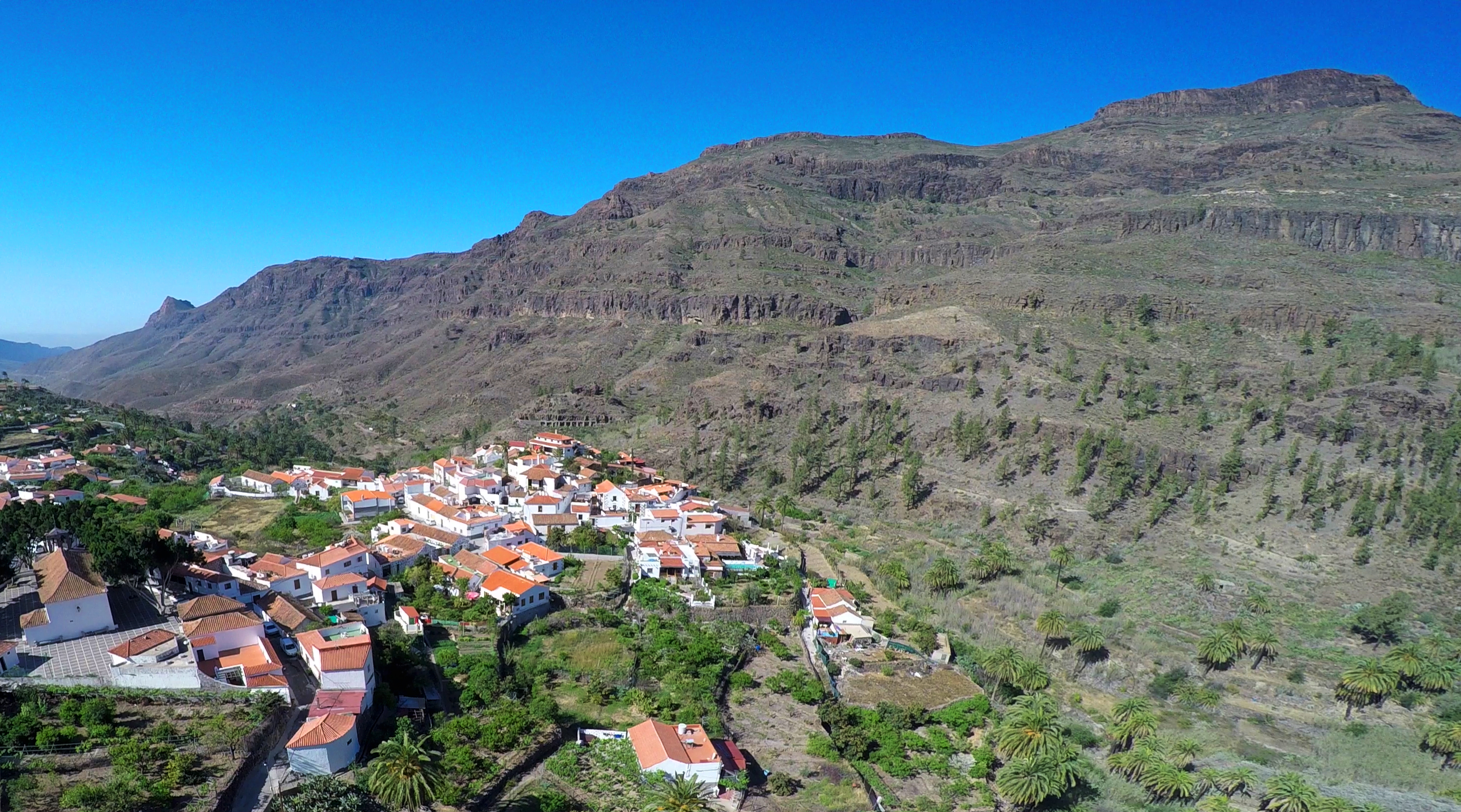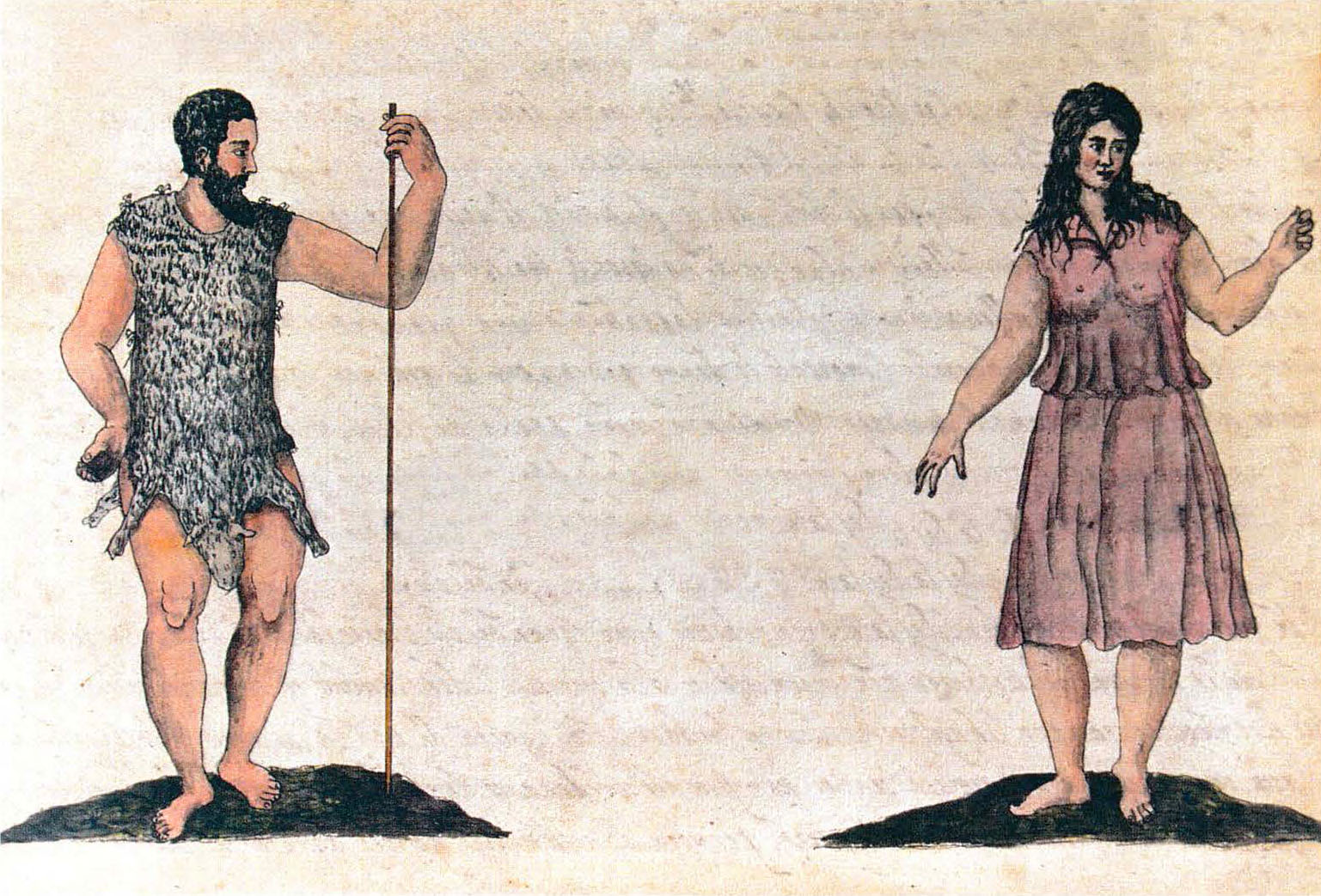|
Destacamentos Armados Canarios
The Destacamentos Armados Canarios (Canarian Armed Detachments) (DAC) were a Canarian terrorist organization within the Movement for the Self-Determination and Independence of the Canary Archipelago (MPAIAC), which acted during the 1970s pursuing independence of the Canary Islands from Spain and alignment with Algeria. History It emerged in 1978 as a reorganization of the Fuerzas Armadas Guanches, after several of its members had been imprisoned. The DAC was mainly made up of minors. Their actions included writing on large bills "Canarias libre, fuera españoles" and changing them, demanding the freedom of MPAIAC prisoners. They also used armed struggle, placing bombs at the Gran Canaria Airport and the Port of Las Palmas, also placing bombs on two occasions in the police headquarters of Gran Canaria and in the recruitment center of Las Palmas Las Palmas (, ; ), officially Las Palmas de Gran Canaria, is a Spanish city and capital of Gran Canaria, in the Canary Islands, in th ... [...More Info...] [...Related Items...] OR: [Wikipedia] [Google] [Baidu] |
Canarian
Canary Islanders, or Canarians (), are the people of the Canary Islands, an autonomous community of Spain near the coast of Northwest Africa. The distinctive variety of the Spanish language spoken in the region is known as ''habla canaria'' (Canary speech) or the (''dialecto'')'' canario'' ( Canarian dialect). The Canarians, and their descendants, played a major role during the conquest, colonization, and eventual independence movements of various countries in Latin America. Their ethnic and cultural presence is most palpable in the countries of Uruguay, Venezuela, Cuba and the Dominican Republic as well as the US territory of Puerto Rico. History The original inhabitants of the Canary Islands are commonly known as Guanches (although this term in its strict sense only refers to the original inhabitants of Tenerife). They are most probably descendants of the Berbers of North Africa. The islands were conquered by Castile at the beginning of the 15th century. In 1402, they bega ... [...More Info...] [...Related Items...] OR: [Wikipedia] [Google] [Baidu] |
Anti-Francoism
Opposition to Francoism, anti-Francoism and at that time simply opposition, is the denomination given to the group of political and social movements that opposed Franco's regime or dictatorship from the end of the Spanish Civil War (1939) until the first democratic elections (1977), a year and a half after his death (1975). Resistance in the insurgent region (1936–1939) Before the end of the Spanish Civil War, it can be observed that there were signs of opposition in the Francoist zone, controlled by the nascent Franco regime: in December 1936 the attempt by Manuel Fal Conde, leader of Traditionalist Communion, to create a Royal Military Academy of Requetés that was not under the control of the Army resulted in his immediate departure from the country amidst accusations of treason. On April 16, 1937, violent incidents took place in Salamanca between members of different factions within the ''Falange Española y de las JONS'' (the faction of the triumvirate between Agust� ... [...More Info...] [...Related Items...] OR: [Wikipedia] [Google] [Baidu] |
Defunct Organizations Designated As Terrorist In Africa
{{Disambiguation ...
Defunct may refer to: * ''Defunct'' (video game), 2014 * Zombie process or defunct process, in Unix-like operating systems See also * * :Former entities * End-of-life product * Obsolescence Obsolescence is the process of becoming antiquated, out of date, old-fashioned, no longer in general use, or no longer useful, or the condition of being in such a state. When used in a biological sense, it means imperfect or rudimentary when comp ... [...More Info...] [...Related Items...] OR: [Wikipedia] [Google] [Baidu] |
Left-wing Nationalist Parties In Spain
Left-wing politics describes the range of political ideologies that support and seek to achieve social equality and egalitarianism, often in opposition to social hierarchy either as a whole or of certain social hierarchies. Left-wing politics typically involve a concern for those in society whom its adherents perceive as disadvantaged relative to others as well as a belief that there are unjustified inequalities that need to be reduced or abolished, through radical means that change the nature of the society they are implemented in. According to emeritus professor of economics Barry Clark, supporters of left-wing politics "claim that human development flourishes when individuals engage in cooperative, mutually respectful relations that can thrive only when excessive differences in status, power, and wealth are eliminated." Within the left–right political spectrum, ''Left'' and ''Right'' were coined during the French Revolution, referring to the seating arrangement in the F ... [...More Info...] [...Related Items...] OR: [Wikipedia] [Google] [Baidu] |
National Liberation Movements
National may refer to: Common uses * Nation or country ** Nationality – a ''national'' is a person who is subject to a nation, regardless of whether the person has full rights as a citizen Places in the United States * National, Maryland, census-designated place * National, Nevada, ghost town * National, Utah, ghost town * National, West Virginia, unincorporated community Commerce * National (brand), a brand name of electronic goods from Panasonic * National Benzole (or simply known as National), former petrol station chain in the UK, merged with BP * National Book Store, a bookstore and office supplies chain in the Philippines * National Car Rental, an American rental car company * National Energy Systems, a former name of Eco Marine Power * National Entertainment Commission, a former name of the Media Rating Council * National Motor Vehicle Company, Indianapolis, Indiana, USA 1900–1924 * National Radio Company, Malden, Massachusetts, USA 1914–1991 * Nation ... [...More Info...] [...Related Items...] OR: [Wikipedia] [Google] [Baidu] |
History Of The Canary Islands
The Canary Islands (; ) or Canaries are an archipelago in the Atlantic Ocean and the southernmost Autonomous communities of Spain, Autonomous Community of Spain. They are located in the northwest of Africa, with the closest point to the continent being 100 kilometres (62 miles) away. The islands have a population of 2.25 million people and are the most populous overseas Special member state territories and the European Union, special territory of the European Union. The seven main islands are from largest to smallest in area, Tenerife, Fuerteventura, Gran Canaria, Lanzarote, La Palma, La Gomera, and El Hierro. The only other populated island is Graciosa, Canary Islands, La Graciosa, which administratively is dependent on Lanzarote. The archipelago includes many smaller islands and islets, including Alegranza, Islote de Lobos, Isla de Lobos, Montaña Clara, Roque del Oeste, and Roque del Este. It includes a number of rocks, including Roque de Garachico, Garachico and Roques de ... [...More Info...] [...Related Items...] OR: [Wikipedia] [Google] [Baidu] |
Terrorism In Spain
Terrorism in Spain has been committed by various groups and people. History There have been several phases of terrorism in Spain. Spain was notably affected by a broader wave of anarchist terrorism that started in the late 19th century in Europe in connection to the notion of propaganda of the deed. Several of the perpetrators acting in Spain, such as Michele Angiolillo, Thioulouze, Tomás Ascheri or Girault, were actually foreign. Some of the terrorist attacks in this period include the 1893 Liceo bomb, the 1896 Corpus Christi bomb, or the magnicide of Cánovas del Castillo in 1897. The botched assassination in Madrid of King Alfonso XIII at the Calle Mayor during his wedding left 33 casualties and many wounded. Barcelona became infamous as fertile ground for bomb attacks in the early 20th century. Bomb attacks started to fade within anarchism at the turn of the first decade of the century, giving place to new forms of political violence at a time anarcho-syndicalism became ... [...More Info...] [...Related Items...] OR: [Wikipedia] [Google] [Baidu] |
Terrorism In Algeria
Terrorism, in its broadest sense, is the use of violence against non-combatants to achieve political or ideological aims. The term is used in this regard primarily to refer to intentional violence during peacetime or in the context of war against non-combatants. There are various different definitions of terrorism, with no universal agreement about it. Different definitions of terrorism emphasize its randomness, its aim to instill fear, and its broader impact beyond its immediate victims. Modern terrorism, evolving from earlier iterations, employs various tactics to pursue political goals, often leveraging fear as a strategic tool to influence decision makers. By targeting densely populated public areas such as transportation hubs, airports, shopping centers, tourist attractions, and nightlife venues, terrorists aim to instill widespread insecurity, prompting Public policy, policy changes through Manipulation (psychology), psychological manipulation and undermining confidence ... [...More Info...] [...Related Items...] OR: [Wikipedia] [Google] [Baidu] |
Canarian Nationalist Parties
Canary Islanders, or Canarians (), are the people of the Canary Islands, an autonomous community of Spain near the coast of Northwest Africa. The distinctive variety of the Spanish language spoken in the region is known as ''habla canaria'' (Canary speech) or the (''dialecto'')'' canario'' ( Canarian dialect). The Canarians, and their descendants, played a major role during the conquest, colonization, and eventual independence movements of various countries in Latin America. Their ethnic and cultural presence is most palpable in the countries of Uruguay, Venezuela, Cuba and the Dominican Republic as well as the US territory of Puerto Rico. History The original inhabitants of the Canary Islands are commonly known as Guanches (although this term in its strict sense only refers to the original inhabitants of Tenerife). They are most probably descendants of the Berbers of North Africa. The islands were conquered by Castile at the beginning of the 15th century. In 1402, they bega ... [...More Info...] [...Related Items...] OR: [Wikipedia] [Google] [Baidu] |
Las Palmas
Las Palmas (, ; ), officially Las Palmas de Gran Canaria, is a Spanish city and capital of Gran Canaria, in the Canary Islands, in the Atlantic Ocean. It is the capital city of the Canary Islands (jointly with Santa Cruz de Tenerife) and the most populous city in the autonomous community of the Canary Islands, and the ninth-largest city in Spain with a population of 381,223 in 2020. It is also the fifth-most populous urban area in Spain and (depending on sources) ninth or tenth most populous metropolitan area in Spain. Las Palmas is located in the northeastern part of the island of Gran Canaria, about west of the Moroccan coast in the Atlantic Ocean. Las Palmas experiences a desert climate,ThWorld map of Koppen-Geiger climate classification offset by the local cooler Canary Current, with warm temperatures throughout the year. It has an average annual temperature of . The city was founded in 1478, and considered the '' de facto'' (without legal and real recognition)''La Jun ... [...More Info...] [...Related Items...] OR: [Wikipedia] [Google] [Baidu] |
Canary Islands Independence Movement
The Movement for the Self-Determination and Independence of the Canary Archipelago (, MPAIAC), was a Canarian nationalist and socialist organization, founded in 1964 by Antonio Cubillo, whose objective was the secession of the Canary Islands from Spain. During the 1970s, it operated through two terrorist groups: the Guanche Armed Forces (FAG) and the Destacamentos Armados Canarios (DAC) ('Canarian Armed Detachments'). It maintained good relations with other terrorist groups, mainly the First of October Anti-Fascist Resistance Groups (GRAPO), who provided it with weapons and explosives, and with Arab socialist governments, such as Libya and Algeria, which provided financing. MPAIAC radio programs, named "The voice of the Free Canaries", also encouraged Canary Islanders to " return to their roots" and popularize the Berber languages. History The MPAIAC was founded on October 22, 1964 in Algeria by the lawyer Antonio Cubillo, previously linked to Canarias Libre and voluntarily expa ... [...More Info...] [...Related Items...] OR: [Wikipedia] [Google] [Baidu] |





